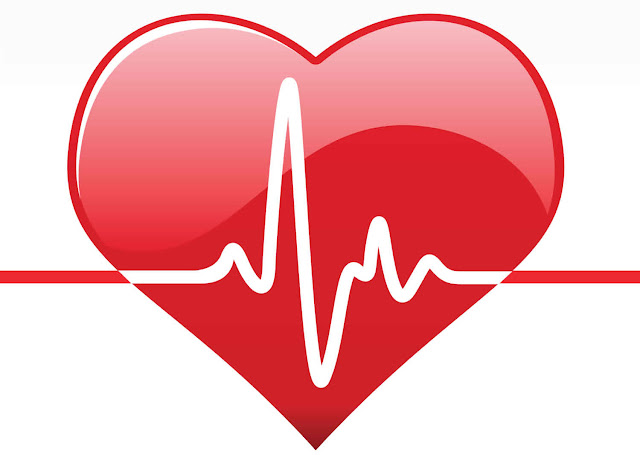Main Causes and Treatment Options of Heart Block
A healthy human heart beats for about 60 to 100 times a minute. The heartbeat of a person is one contraction of the muscles of the heart that is responsible for pushing the blood around the body.
In all the normal cases, every heart muscle contraction is controlled by the way of electrical signals which make their way from the atria or the upper chambers of the heart to the ventricles or the lower chambers.
According to the best cardiologists in India, a heart block happens when all these electrical pulses are stopped or delayed. This action prevents the heart from beating regularly, thereby creating the problem. In all the other cases, a complete heart block is caused when the electrical signals stop completely.
In such a situation, the heartbeat drops to about 40 times per minute. Heart blockage treatment is a must and if the problem is not addressed on time, there are chances a person may even die.
Even the changes to the impulses which last only a fraction of a second could cause a block in the heart. In some cases, this blockage of heart makes it difficult for the heart to pump blood properly by the way of circulatory system.
Consequently, the muscles, as well as organs, are not able to get enough amount of oxygen to function properly.
Diagnosis and Treatment:
Heart blockage treatment is possible after the problem is diagnosed by the way of an electrocardiogram which records the electrical activity of the heart. Some cases of heart block go away on their very own if the factors causing the same are resolved or treated like changing medication or recovering after heart surgery.
First and second-degree heart blocks do not require treatment but the severe cases of second-degree heart block are treated by the way of a pacemaker. Third-degree or a complete heart block is treated by the way of a pacemaker since the heart is not able to pace itself because of the complete block of the electrical signals.
Additional Read: What Are The Warning Signs of Clogged Arteries?



Comments
Post a Comment